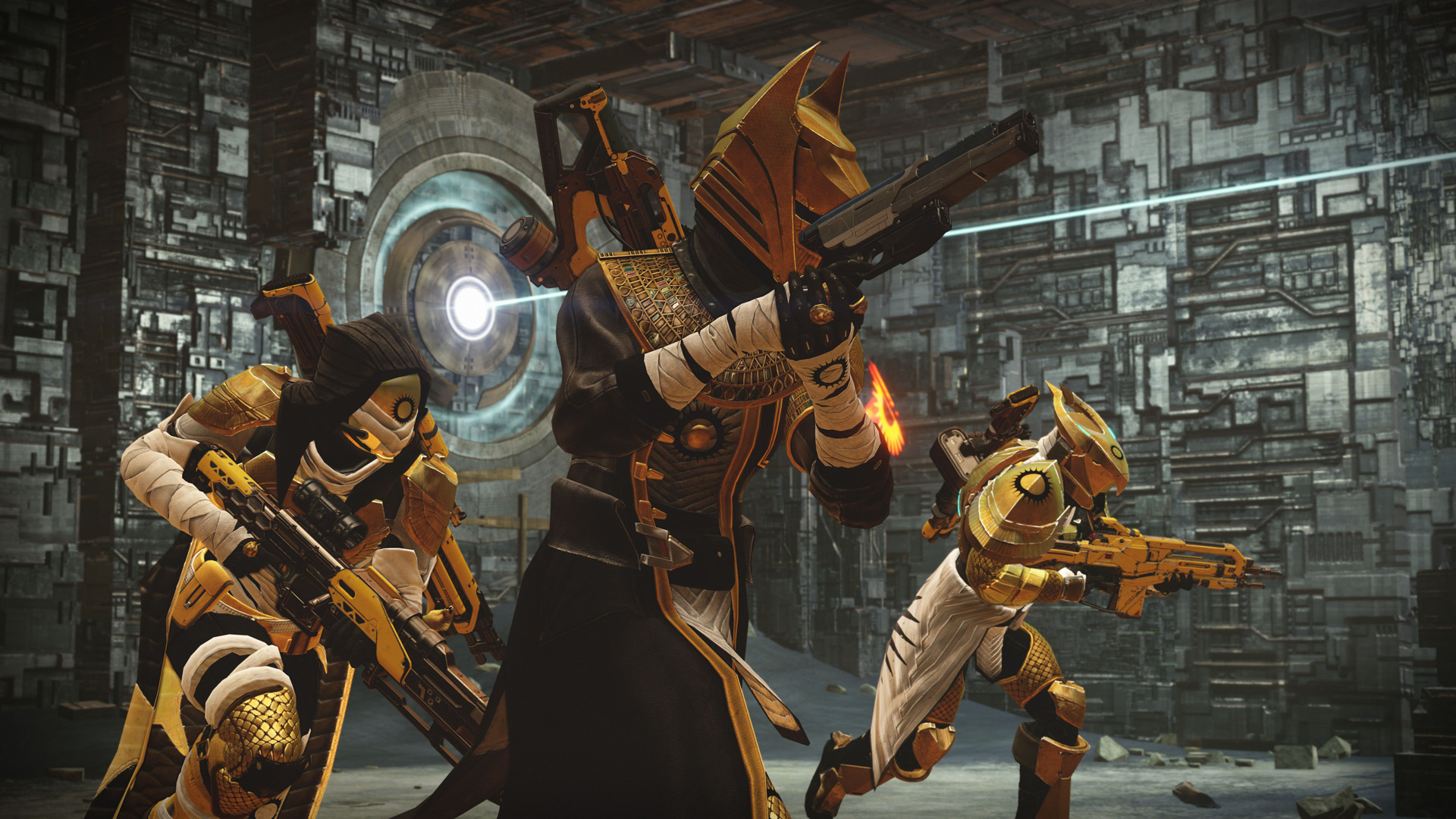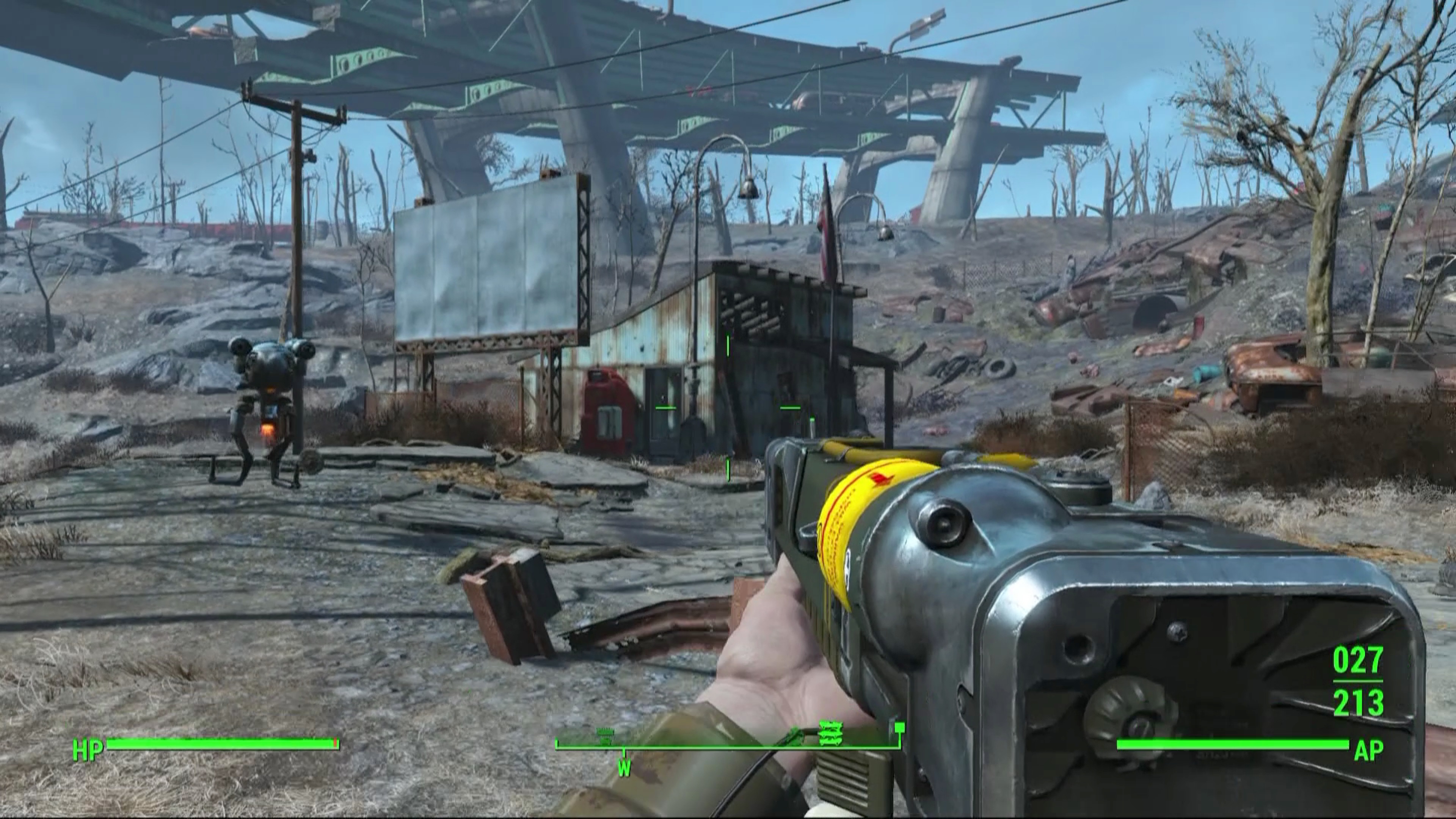Do games have too many collectibles? Do they even need them at all?
As many a former child star will readily admit - in between huffs of an overtaxed crack pipe - having lots of stuff isn't actually the same as being contented. Not that you'd know that from the way in which we all go about obsessively collecting. For some that might mean seeking out rare stamps, for others, old-school vinyl records. When it comes to video games, the term 'collect-a-thon' has long been applied to the kinds of title that actively indulge these compulsions. But do their efforts go too far?

Recently, GamesRadar+'s very own Justin Towell made the case - during an otherwise ringing endorsement of Rise of the Tomb Raider, that the game features way too many of these optional, HUD-hogging distractions. You simply can’t move for them, to say nothing of the added jumble that appears in light of Lara's 'detective mode'-style Survival Instinct. More than mere abundance then. This is overkill, to the point of not just baiting, but tormenting our obsessive tendencies.
Suffice to say that many players agree. It seems that, yes, you can have an excess of these standard-level collectibles. I say 'standard-level', because it's important to differentiate between those rare treasure hunts that actually enthrall us, - i.e. the discovery of an important audio log that changes your perception of the story - and the vast majority that don’t. To be clear, I’m talking about the kind of items that operate as glorified filler, being neither fun nor entirely boring to collect, and relying more on compulsion than being compelling. In short, they represent the video gaming equivalents of snack foods. You can chow down all you like, but you'll never be truly satisfied.
Other gamers, meanwhile, take the view that additional content - even uninspired dreck like this - isn't really the issue. Instead the problem lies with the players' own inability to control their impulse to grab it all. After all, we spend our entire lives making similar value judgements about the use of time and resources, right down to the fundamentals of deciding how best to spend our days. Why then should it be any different in video games? Just because a collectible flashes up in front of us, that doesn't mean we necessarily have to grab it, no more so than we have to buy an item sold through incessant marketing.

Then again, isn't the whole point of video games to give us things to do, tasks that range from the entirely arbitrary to the seemingly significant? Whether it’s 'go here', 'stomp that' or 'shoot this many of these', most (though not all) of our favourite games are founded upon the same simple notion - complete one little objective after another and you build your way to a cumulative victory. In this way we've almost been conditioned to become compulsive, trained to tick a series of variably well-disguised boxes as our means of achieving anything important. To put it another way, if gaming is all about completing tasks, then collectibles must represent this in its most basic and sincere form. And if that's true, then how can we the players be expected to ignore one type of 'objective' altogether? Yet collectibles remain contentious. Ultimately they represent the line many gamers draw between satisfying, relevant actions and the arbitrary.
So, why exactly are developers choosing to include so many of these brain-addling bonuses? A cynic might say that it's all about artificially boosting their games’ length, tacking on chores to drive up the duration. While that's certainly true of some titles, it doesn't explain why other games, i.e. those with longer running times and a great deal of depth already on offer, also opt to include them. A developer might argue that if a game's basic mechanics are enjoyable, then anything that gives us with a reason to continue using them must surely be alright. Rather than padding out play time, they'd simply be 'prolonging the fun'.
And what about the 'professional vanity' reasons for scattering said collectibles? No narrative, no matter how exhaustive, could possibly give players reason to scour every carefully coded texture and precision-placed polygon. Collectibles prompt us to do just that, no doubt to the delight of any work-proud developer. There's nothing inherently wrong with this, of course - individual devs deserve far more credit than it's really possible to give them - but I’d venture that the type of player to attempt total completion is already far too caught up in their tunnel vision to really enjoy the sightseeing.
Weekly digests, tales from the communities you love, and more

Ultimately, both sides of the argument make strong and valid points. You could say then that it's all a matter of taste. Some gamers simply want to feel as though they've 'beaten' a title before moving on to another. Grindy, drawn-out sub-tasks effectively preclude them from doing that. Others, meanwhile, prefer to 'inhabit' a world over longer periods of time, and a long-term treasure hunt allows them to do just that. One player's helpful pop up is another's HUD-based headache.
That said, if the inclusion of collectibles comes down to the binary opinion-gulf between 'lacking content' and 'too much clutter', I'd personally side with the ‘less-is-more’ camp. Because has anyone really, actively missed this stuff when it hasn’t appeared? Surely no-one ever bemoaned a game's lack of padding. The fact that some players make the best of this excess shouldn't speak to its inherent value.
Hell, even if some players do demand collectibles, there’s a great modern solution that, if used right, can please everybody. It comes down to that division I mentioned earlier, between the meaningful and the arbitrary. With so many of today's games now featuring crafting systems, lootable in-game resources have become more prevalent than ever before, but theoretically they can also become more relevant. Perhaps it's high time that developers allowed these systems to fully replace, rather than merely add to, the practice of aimless old-school collectibles.

Look at Fallout 4. Objectively it’s a junk-hoovering simulator with no equal, but the constant purpose to the process - whether it be modifying guns and armour, or building homes and farms - makes it feel anything but. Far from a prescriptive check-list, Fallout 4’s collectibles are the fuel of creative, freeform player agency.
Of course, that’s not a good fit for every game, but where no such replacements are suitable, let's continue to include more meaningful items in their stead - important artefacts, lore-rich scraps and other world-building knick-knacks. In the end, video games may still boil down to well-disguised check-lists, but that doesn't mean they have to feel like it. Players shouldn’t have to ignore the impulse to gather. It’s a natural, human response to our environment, after all. We just need better stuff to collect.



